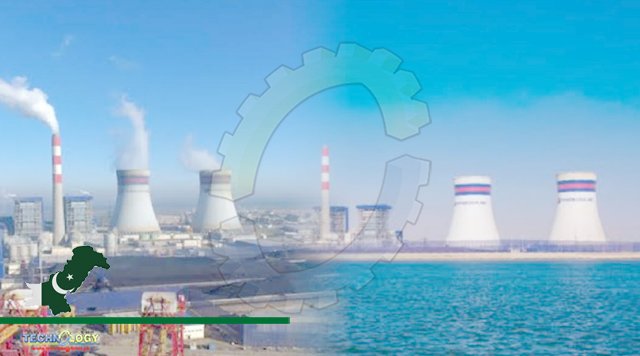One of Pakistan’s largest producers of fertilisers, seeds, and pesticides, Engro Fertilizers, has announced a 26-day closure of its Port Qasim plant that makes “specialty fertilisers.”

One of Pakistan’s largest producers of fertilisers, seeds, and pesticides, Engro Fertilizers (EFERT), has announced a 26-day closure of its Port Qasim plant that makes “specialty fertilisers.”
The company informed the Pakistan Stock Exchange (PSX) of the development in a notice on Friday. “Engro Fertilizers Limited has a plant in Port Qasim that has a 150 KT annual production capacity for speciality fertilisers.
The plant will be closed from June 5, 2023, to June 30, 2023 (both days inclusive), the company has announced, in order to more effectively manage its inventory and output. Despite the brief shutdown, the company still plans to supply the anticipated demand for the goods produced at the plant, it continued.
Engro Corporation’s subsidiary, Engro Fertilizers Limited. The business was established in Pakistan in 2009 and offers logistics services in addition to producing, buying, marketing, and selling fertilisers, seeds, and pesticides.
The business announced a day ago that urea production at its base plant has resumed. Due to unplanned maintenance, the company had to close its base plant last month.
Back then, EFERT stated, “The company has started necessary maintenance activities and the length of the shutdown will be based on the complexity of the repairs required.”
Two 660 megawatt supercritical coal power plants make up the 1,320 megawatt Pakistan Port Qasim Power Project, one of which was officially opened in December 2016 as part of the China-Pakistan Economic Corridor. The $2.09 billion project is situated on 330.7 acres in Sindh Province’s Port Qasim, 37 kilometres east of Karachi.
The $46 billion China Pakistan Economic Corridor project includes the project as one of 14 energy projects that are part of the expedited “Early Harvest” programme.
The Port Qasim Energy Holding, a company jointly financed by China’s Power Construction Corporation, a subsidiary of Sinohydro Resources Limited, and Qatar’s Al-Mirqab Capital, built and will operate the plants on a “Build-Own-Operate” basis.